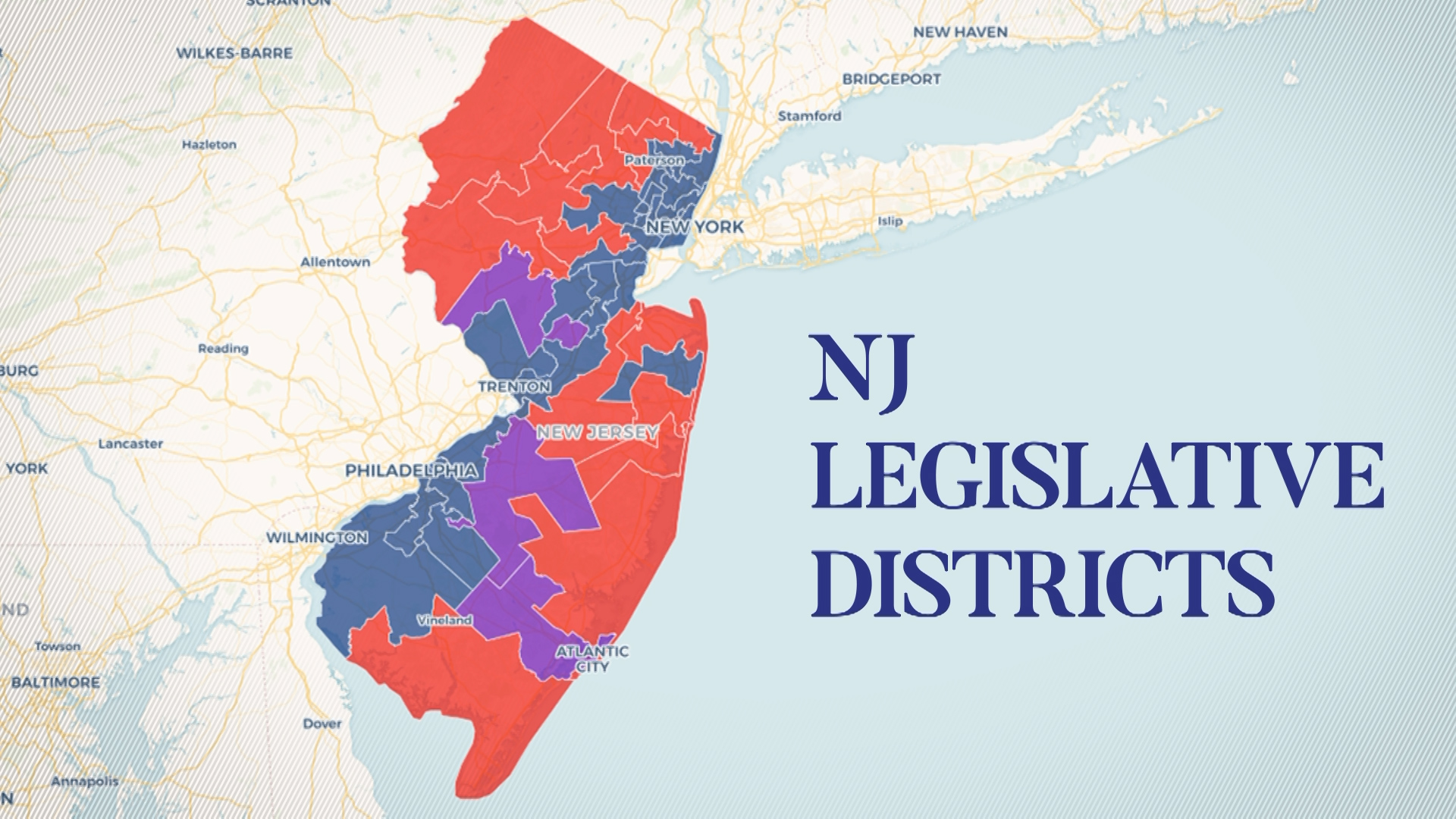The political landscape in New Jersey is once again at the center of a national debate, as the issue of congressional redistricting takes on new urgency. Following a push by Texas Republicans to redraw their state’s maps to gain a significant advantage, a political “arms race” has begun. In response, a growing number of Democratic-led states are considering retaliatory measures, and New Jersey Governor Phil Murphy has indicated that he is not ruling out the possibility of mid-decade redistricting.
This comes as Democratic National Committee (DNC) Chair Ken Martin and other party leaders express support for blue states to counter the Republican efforts in Texas. The proposed Texas map, which has the backing of the President, aims to carve out as many as five new Republican-leaning seats, a move that could have major implications for control of the House of Representatives in the upcoming 2026 midterm elections. Texas Democrats have even fled the state to block the legislative process, leaving the special session in limbo and creating a national spectacle.
Governor Murphy, while clarifying that there are no immediate plans to alter New Jersey’s district lines, told reporters that the topic is likely to be a high priority for Democratic governors in their upcoming meetings. He’s joined by other prominent Democrats like California Governor Gavin Newsom, who is also exploring options to counter the Texas GOP’s moves.
However, any attempt to redraw New Jersey’s congressional map faces a significant legal hurdle. According to constitutional and political experts, the New Jersey Constitution explicitly prohibits mid-decade redistricting unless a court invalidates the current maps. This means that for any changes to be made, a constitutional amendment would be required—a difficult and lengthy process. The state’s redistricting process is already overseen by a 13-member bipartisan commission, designed to prevent a single party from gaining an unfair advantage.
The current map, adopted after the 2020 census, was the result of a hard-fought process that resulted in a map generally considered favorable to Democrats. Any new attempt at redistricting would likely face immediate and fierce legal challenges. Ultimately, while the idea of a retaliatory redistricting effort may be a powerful talking point in the face of what’s happening in other states, New Jersey’s constitutional framework makes it a political gamble that is both legally and logistically challenging. The real fight for political power in the Garden State will likely continue to be at the ballot box, not in the drawing of district lines.
For more on the latest political developments and what they mean for New Jersey, be sure to visit Explore New Jersey’s Politics section.












